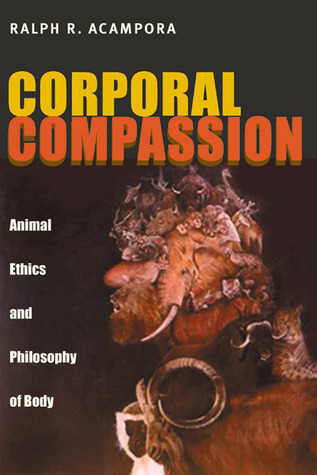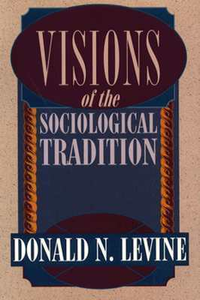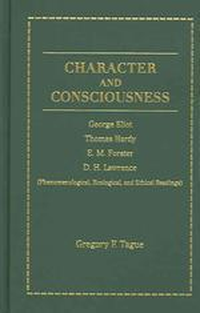Corporal Compassion: Animal Ethics and Philosophy of Body

Summary
Most approaches to animal ethics ground the moral standing of nonhumans in some appeal to their capacities for intelligent autonomy or mental sentience. Corporal Compassion emphasizes the phenomenal and somatic commonality of living beings; a philosophy of body that seeks to displace any notion of anthropomorphic empathy in viewing the moral experiences of nonhuman living beings. Ralph R. Acampora employs phenomenology, hermeneutics, existentialism and deconstruction to connect and contest analytic treatments of animal rights and liberation theory. In doing so, he focuses on issues of being and value, and posits a felt nexus of bodily being, termed symphysis, to devise an interspecies ethos. Acampora uses this broad-based bioethic to engage in dialogue with other strains of environmental ethics and ecophilosophy. Corporal Compassion examines the practical applications of the somatic ethos in contexts such as laboratory experimentation and zoological exhibition and challenges practitioners to move past recent reforms and look to a future beyond exploitation or total noninterference--a posthumanist culture that advocates caring in a participatory approach.
Similar Books
-
 Memory, History, Forgetting
Memory, History, Forgettingby Paul Ricœur
-
 The Theory of Need in Marx
The Theory of Need in Marxby Ágnes Heller
-
 Bodies, Masses, Power: Spinoza and His Contemporaries
Bodies, Masses, Power: Spinoza and His Contemporariesby Warren Montag
-

-
 Visions of the Sociological Tradition
Visions of the Sociological Traditionby Donald Nathan Levine
-

-

-
 Desire for Origins: New Language, Old English, and Teaching the Tradition
Desire for Origins: New Language, Old English, and Teaching the Traditionby Allen J. Frantzen
-
 Desire for Origins: New Languages, Old English, and Teaching and Tradition
Desire for Origins: New Languages, Old English, and Teaching and Traditionby Allen J. Frantzen
-
 Enemies of Hope: A Critique of Contemporary Pessimism
Enemies of Hope: A Critique of Contemporary Pessimismby Raymond Tallis
-
 Social Evolutionism: A Critical History
Social Evolutionism: A Critical Historyby Stephen K. Sanderson
-
 In the Eyes of God: A Study on the Culture of Suffering
In the Eyes of God: A Study on the Culture of Sufferingby Fernando Escalante Gonzalbo
-

-
 Makers of Modern Culture: Five Twentieth-Century Thinkers
Makers of Modern Culture: Five Twentieth-Century Thinkersby Roland N. Stromberg
-

-

-

-
